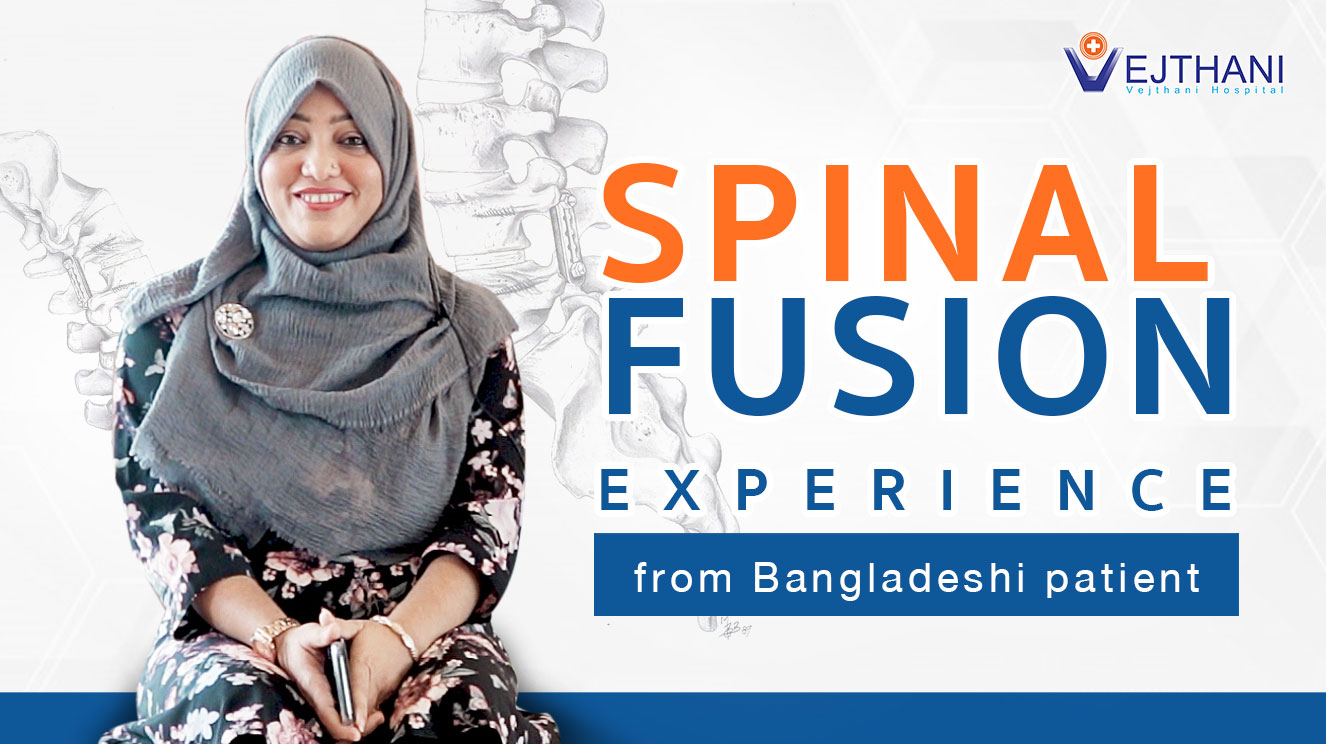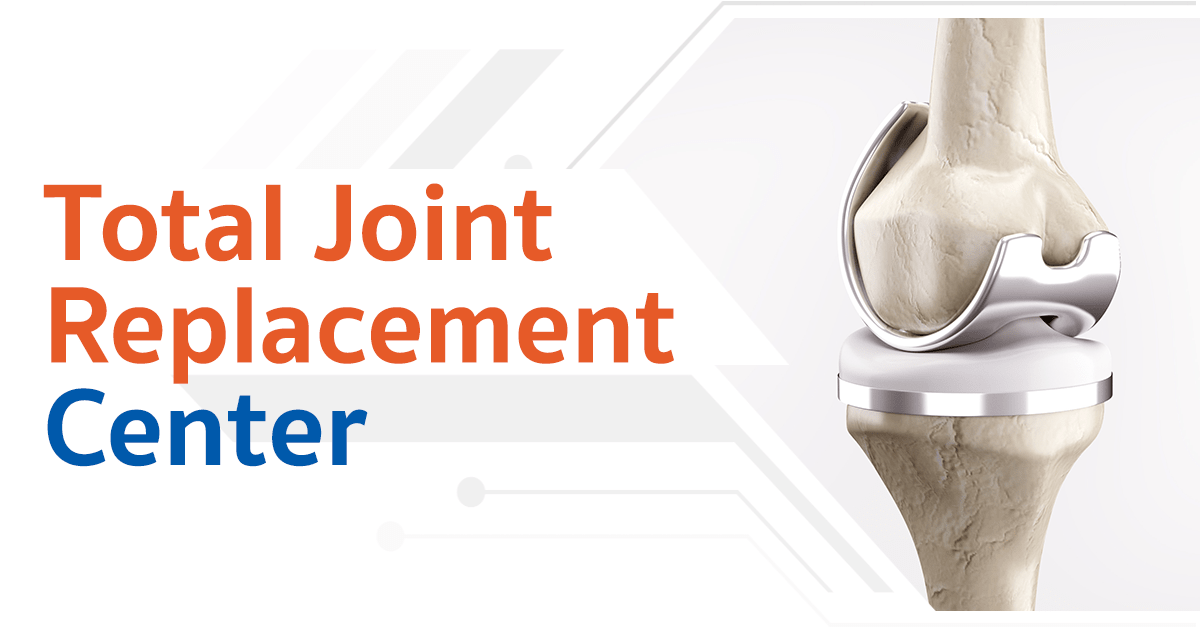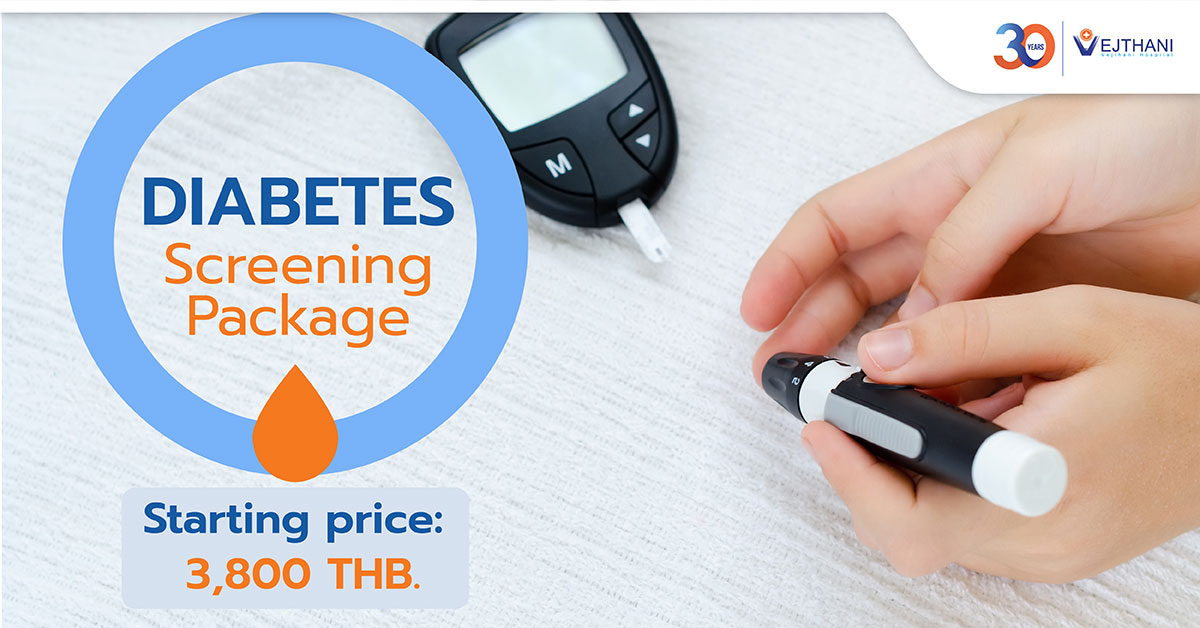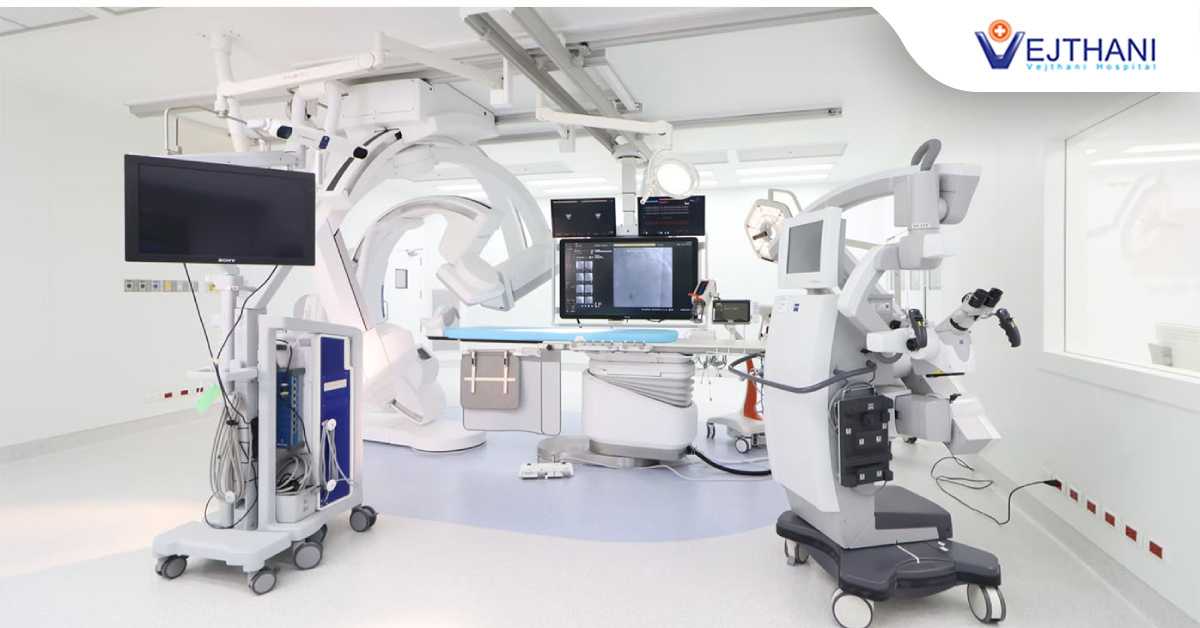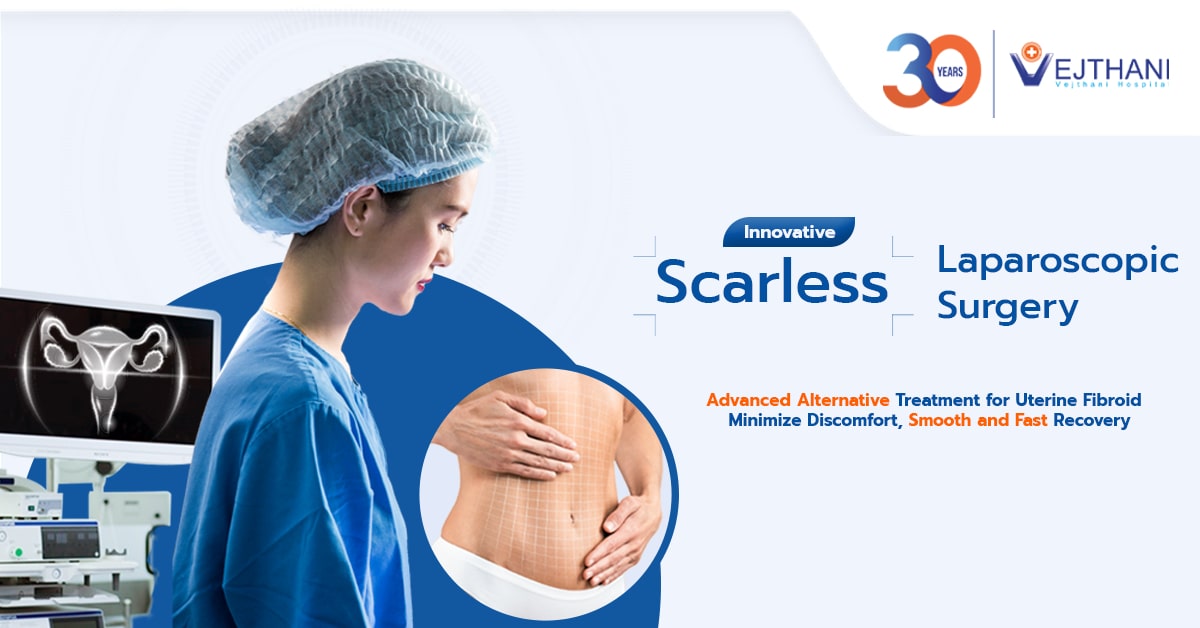
Health Articles
Visit Vejthani Hospital for Herniated Disc Treatment
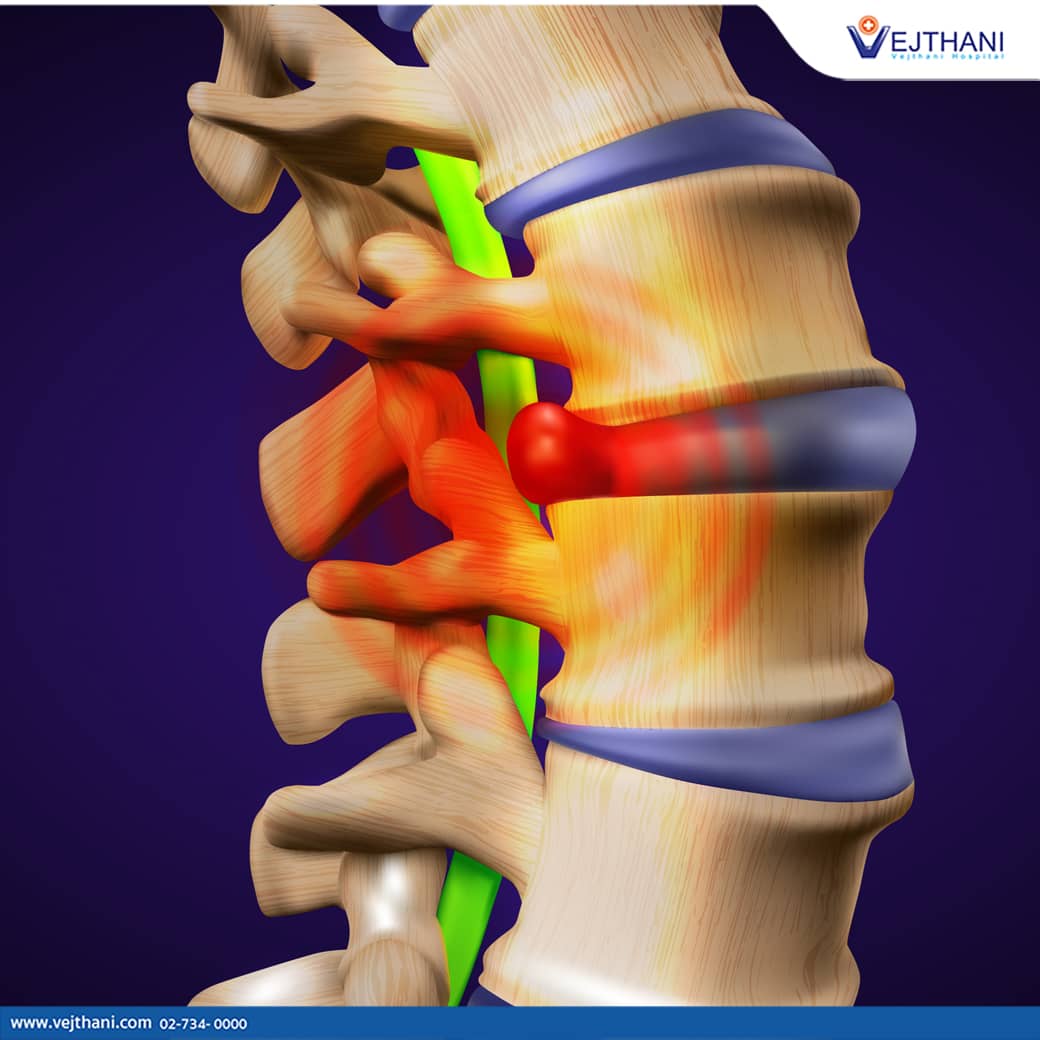

Spinal discs are like little pillows that act as shock absorbers between the vertebrae of the spine. The discs consist of a tough, rubbery covering, called the annulus fibrosus, over softer interior tissue called nucleus pulposus.
A herniated disc may need treatment when the disc has the interior tissue pushed out of the annulus due to the annulus tearing or rupturing. Although a single abrupt movement can cause a disc to rupture, it can also deteriorate over time as we age.
A herniated disc requiring treatment can be extremely painful and inhibit normal movement. If you feel that back pain is restricting your lifestyle, see a doctor for an examination to find out if you’re suffering from a herniated disc that requires treatment. They may perform a neurological exam to rule out any damage to the nerves in your spine. They will check your reflexes, your ability to feel slight touches and vibrations, as well as muscle strength and walking ability.
Conservative Herniated Disc Treatment
There are modifications you can make to your body’s movements to reduce strain on the disc while pain relief medication is being prescribed as a conservative treatment for a herniated disc. These modifications can provide pain relief in lightly herniated discs within days or weeks.
They concentrate on making you aware of avoiding specific movements and curtailing the most strenuous exercises. In some cases, they also include light physical therapy. Physical therapists can show you positions that can relieve the pain and exercises to help build up the back muscles and take some of the strain off the spine.
Medication
In the mildest cases of herniated discs, over the counter pain medications such as acetaminophen and ibuprofen are often the only drugs prescribed, along with the advice to abstain from certain body movements.
In more severe and painful cases of herniated discs, treatments of cortisone injections may help reduce the inflammation of the nerve roots that causes pain. These injections are performed with the help of spinal imaging to guide the needle to the affected nerve root. For patients who develop muscle spasms in the area of the rupture, a doctor can prescribe muscle relaxants. In the most severe cases, opioid medicines are prescribed, but only for a limited time because of the potential for addiction.
Surgical Treatment Options
In the worst and most debilitating cases, surgery is a treatment option. Your doctor might suggest it if the disc doesn’t show any signs of improvement after six weeks of conservative treatments, or if you exhibit numbness or weakness, have trouble standing or walking, or experience a loss of bowel and bladder control.
Surgeons often elect to remove a small part of the protruding disc and then continue with conservative treatment. In severe cases, they may have to remove the entire disc and fuse the two vertebrae together with a bone graft.
Surgery is always a last-resort option. The process of fusing the vertebrae takes months. Metal hardware is placed along the spine to support it while the fusion process takes place. At a point where the doctor feels that the fusion process is strong enough to support the body weight, the metal hardware is removed.
Vejthani Hospital Provides Relief
Vejthani Hospital has doctors and surgeons experienced in providing an entire range of effective treatments for herniated discs, from conservative to surgical. If you’re experiencing back pain, call us and make an appointment with an orthopedist at Vejthani Hospital.
